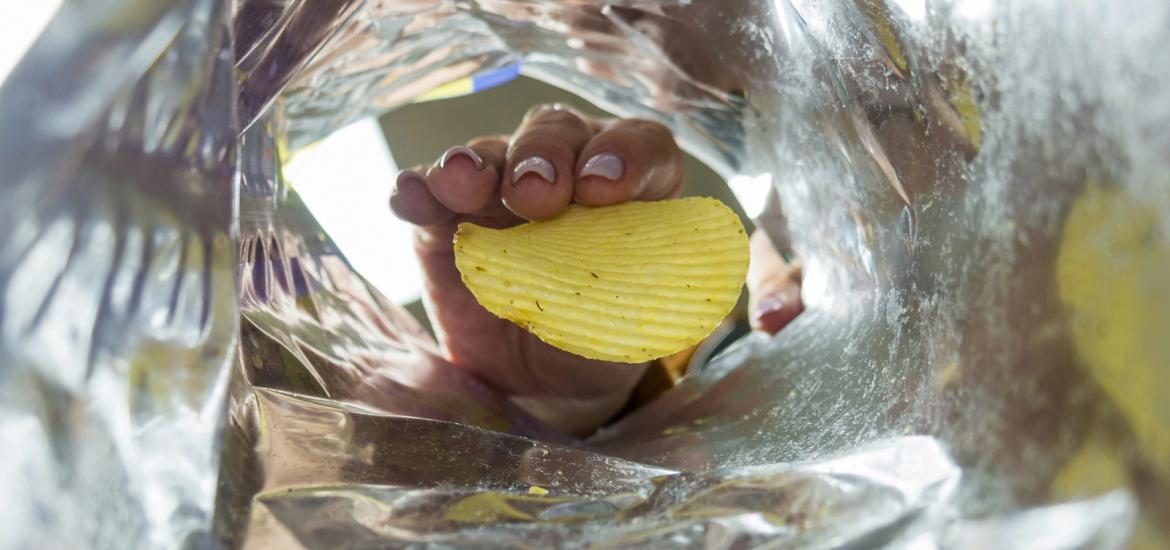
Crispr’s Car-T crunch time
The group could soon provide clarity on CTX112’s regulatory path.
The group could soon provide clarity on CTX112’s regulatory path.

Over two years ago Crispr Therapeutics turned away from its first generation of allogeneic Car-Ts in favour of similarly acting but supposedly better projects. Soon, the company will have more data on the next-gen assets, along with news on the regulatory path forward for one, the CD19-targeting CTX112.
But Crispr’s star has been waning, with its stock currently at five-year lows. The company markets the sickle cell therapy Casgevy alongside Vertex, but sales so far have been unimpressive. Crispr could do with a boost from its Car-T portfolio.
At present the group’s clinical-stage pipeline comprises the aforementioned CTX112 and the CD70-targeting CTX131. These two projects replaced Crispr’s CTX110 and CTX130 respectively, which like other allo Car-Ts disappointed on durability.
Extra edits
The older Car-Ts included edits to knock out endogenous T-cell receptors, to reduce the risk of graft-versus-host disease, and major histocompatibility complex (MHC), to reduce the risk of immune rejection. CTX112 and CTX131 include two further knockouts, of Regnase-1 and TGF-β receptor type 2, aiming to enhance potency and reduce T-cell exhaustion.
So far Crispr has only reported data with CTX112. At last year’s ASH meeting an ongoing phase 1/2 trial found an overall response rate of 67% among 12 patients with various relapsed/refractory B-cell malignancies given different doses of the project.
On the face of it this looks a little lower, on a cross-trial basis, than response rates with autologous CD19 Car-Ts like Gilead’s Yescarta, Bristol Myers Squibb’s Breyanzi, and even allogeneic rivals like Caribou’s CB-010. But it’s worth noting that patients in Crispr’s trial were heavily pretreated, with a median of three, and up to seven, prior therapies. And the ASH poster notes that the study was enriched for patients with high-risk features.
Still, the six-month response rate with CTX112 waned to 36% among eleven patients, with several fast relapses, raising the question of whether Crispr has indeed solved the durability problem.
If Crispr perseveres with CTX112 it seems likely that the FDA will require a controlled pivotal trial to support approval, given that autologous Car-Ts are already well established. Things should soon become clearer, with Crispr promising a mid-year update on the path forward in B-cell malignancies.
In vivo Car-T is another emerging trend, and it’s perhaps surprising that Crispr doesn’t have a disclosed presence here, especially given its liver-directed in vivo editing efforts in cardiovascular disease.
CD70 & GCP3
Meanwhile, 2025 will also see the first data on the company’s CD70-targeting project CTX131.
There could be more regulatory leeway here, with no approved therapies against this target across modalities, not just Car-T. However, this also increases the risk for Crispr.
The company is also promising to begin clinical development of its GPC3-directed Car-T in the coming months, although this is an autologous rather than allogeneic project. Competition here is building, with AstraZeneca the player to beat.
Crispr Therapeutics’ oncology pipeline
| Project | Description | Status | Note |
|---|---|---|---|
| CTX112 | Allogeneic CD19 Car-T | Ph1/2 in r/r B-cell malignancies; data at ASH 2024: ORR 67% (8/12) | Update on CTX112’s regulatory path due mid-2025; 1st-gen CD19 project CTX110 abandoned |
| CTX131 | Allogeneic CD70 Car-T | Ph1/2 in r/r solid tumours; ph1/2 in r/r haematologic malignancies | Updates due in 2025; 1st-gen CD70 project CTX130 abandoned |
| Unnamed | Autologous GPC3 Car-T | Preclinical | Ph1 to start H1 2025; collab with Roswell Park Comprehensive Cancer Center |
| Unnamed | Allogeneic CD70 Car-NK | Preclinical | Collaboration with Nkarta |
Source: OncologyPipeline & company presentations.
737













